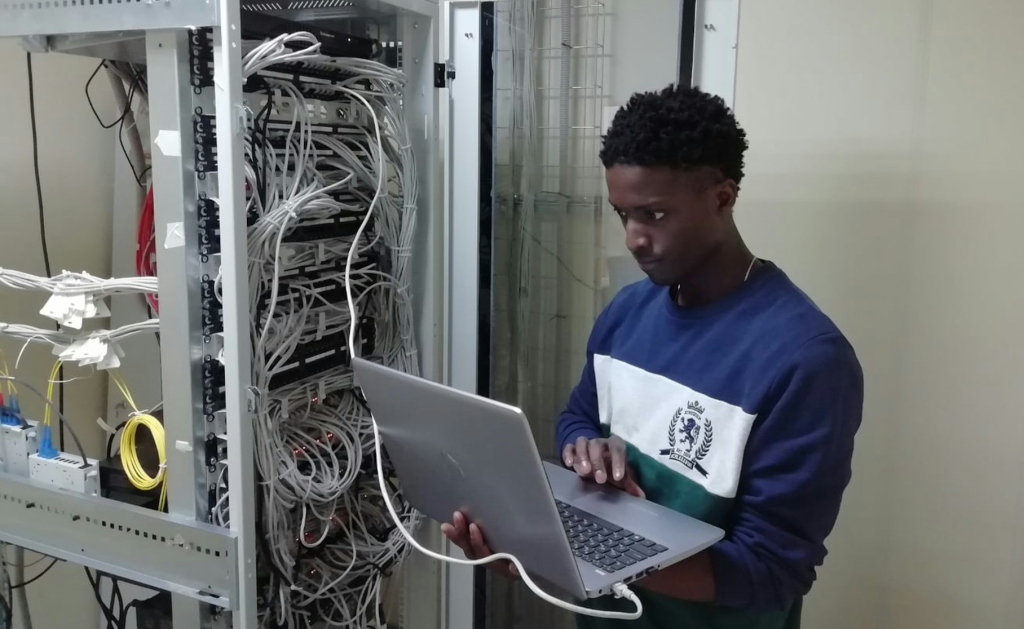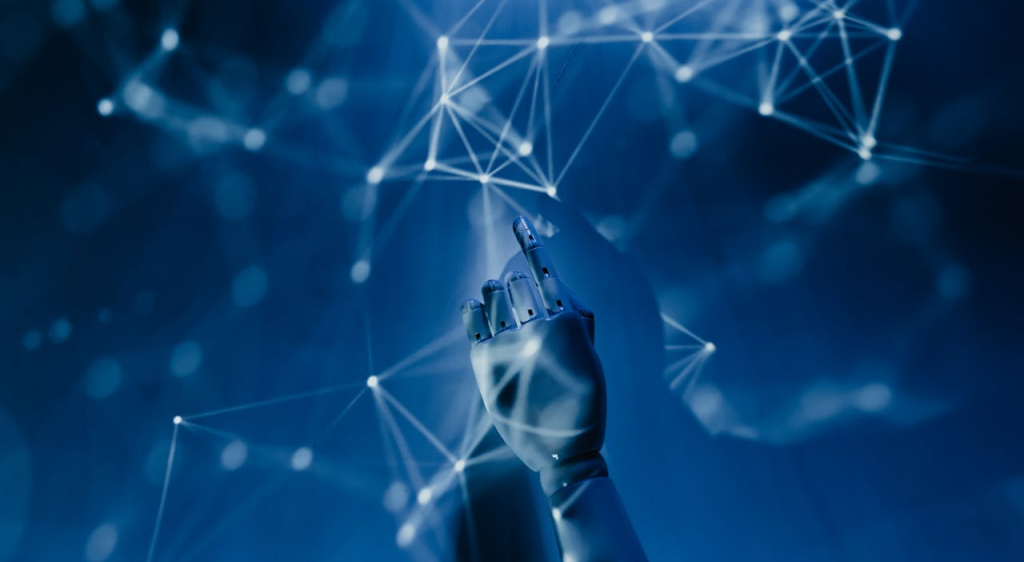We all know AI is evolving, right? It has found its way into our daily activities. It’s not surprising that businesses can now leverage Artificial Intelligence to foster a more secured business infrastructure. Already, AI in cybersecurity is expected to reach about 134 billion U.S. dollars come 2030.
Now, let us break this down. It’s 3 a.m., and you are sleeping soundly, dreaming of glowing customer reviews. On the other hand, a cybercriminal, with a caffeine addiction, is snooping around your digital infrastructure. This is where AI comes in.
AI in cybersecurity doesn’t just sit around waiting for trouble. It’s out there, hunting threats before they come knocking. As a business manager, this isn’t about avoiding disruptions, it’s about staying ahead of it. That is, being prepared before it happens. Guess what? It learns. Every attempted attack makes it more prepared for whatever comes next.
The Difference between Cybersecurity and AI in Cybersecurity
Before AI, cybersecurity relied heavily on signature-based detection tools, which compared network traffic to known threat databases. While these systems alerted professionals to block or quarantine identified threats, they struggled.
Artificial Intelligence will never fully replace cybersecurity professionals, as human creativity and problem-solving remain essential for tackling complex challenges. However, AI already supports security teams by analyzing large datasets, identifying patterns, and generating actionable insights.
Tasks that once took hours or weeks using traditional methods can now be completed more efficiently, allowing cybersecurity teams to focus on higher-level decision-making.
How AI in Cybersecurity Can Benefit Businesses
Here are five practical ways AI in cybersecurity can improve your security posture:
1. Accurate breach risk projections
AI-based systems analyze IT asset inventory, assess threat exposure, and evaluate security controls effectiveness to predict where and how breaches are most likely to occur. This enables you to strategically allocate resources and tools to strengthen vulnerable areas.

2. Fast incident response times
During a cyberattack, speed is essential. AI improves incident response by automating detection, analysis, and mitigation of threats. That process shortens the time between detection and action, reducing the potential impact of breaches.
3. Improved vulnerability management
AI-integrated vulnerability scanners identify and rank risks by assessing their reachability, exploitability, and impact on business operations. That enables businesses to focus on resolving critical vulnerabilities.
4. Better threat intelligence
It strengthens threat intelligence by processing vast datasets in real time and delivering predictive insights. This feature enables your cybersecurity team to identify potential risks in advance and implement proactive defences.
5. Automated recommendations
It enables a clear understanding of security effect initiatives and ensures that relevant insights are communicated effectively to all parties involved. This includes end users, security operations teams, CISOs, auditors, CIOs, CEOs, and the board of directors.
AI and MDR (Managed Detection and Response)
AI and Machine Learning (ML) have changed how security operations centres (SOCs) provide Managed Detection and Response (MDR) and other managed security services.
Below are four key areas where AI is actively improving MDR:
1. Security innovation
Modern Security Operations Centers (SOCs) must adapt and enhance their capabilities to address evolving customer demands and the constantly shifting threat environment. By leveraging AI and ML, Managed Detection and Response (MDR) providers enable their SOCs to stay ahead of emerging risks, minimizing potential threats.

2. Threat hunting and intelligence
AI gather, process, and enhance threat data from various sources within an organization. It analyzes and contextualizes this information to build detailed threat profiles, evaluates it against known indicators, and identifies potential risks.
3. Training and development
AI enables the assessment and enhancement of SOC analysts’ skills, knowledge, and competencies. Businesses can develop and implement realistic, engaging security training scenarios, simulations, and exercises to strengthen their security infrastructure.
4. SOC operations
AI managed security service providers, like INFINION, can actively monitor and evaluate their SOC’s key performance indicators (KPIs), such as security alert volume, response times, resolution rates, and customer satisfaction levels. AI enables them to identify and resolve security gaps, eliminate operational bottlenecks, and streamline inefficiencies within their SOC’s processes, workflows, and tools.
Best Practices for AI in Cybersecurity for Businesses
Using AI to improve security operations requires solid planning and implementation. These includes:
1. Integrating your security tools
AI in cybersecurity delivers the best results when it can analyze data across the entire organization. However, achieving this becomes difficult if your tools are isolated. Prioritize investing in solutions that integrate with your existing environment, such as unified XDR and SIEM (Security Information and Event Management) platforms.
2. Using AI ethically
You must ensure that AI does not make final decisions in situations where biased data could lead to unfair employee treatment. By prioritizing responsible AI practices, teams can address and mitigate potential biases.
3. Developing a strategy
Many AI products and solutions are available for security applications, but not every option will suit your business structure. Ensure your strategy can integrate seamlessly with your existing security architecture. Poor integration can create additional workload for your team.
4. Continuous AI system testing
After successful implementation, regular testing will detect risks as new data emerges.
5. Managing data quality and privacy
AI systems analyze data to generate decisions and insights. However, if the data contains errors or is compromised, the system will produce inaccurate results and flawed decisions. To ensure reliability, establish clear procedures for data cleaning and privacy protection during the planning phase.
Integrate AI into Your Cybersecurity Architecture with INFINION

INFINION empowers organizations to improve efficiency, offer scalable systems, and robust security that meet your business needs, ensuring you have a competitive edge, using Azure Cloud Infrastructure, Azure Machine Learning, Microsoft Fabric, Azure Data Factory, Microsoft Copilot Studio, Microsoft Copilot and Azure OpenAI.
For further inquiries, contact Info@infinion.co





